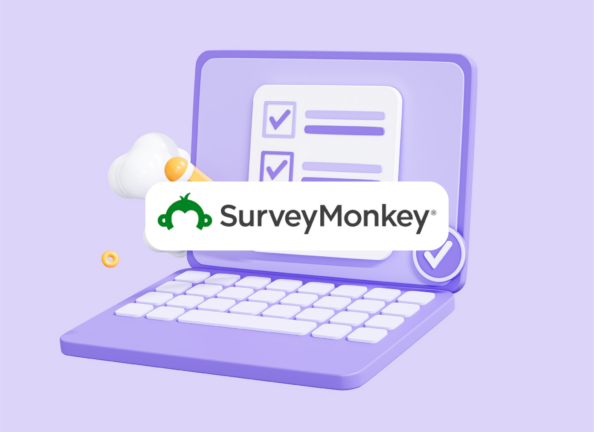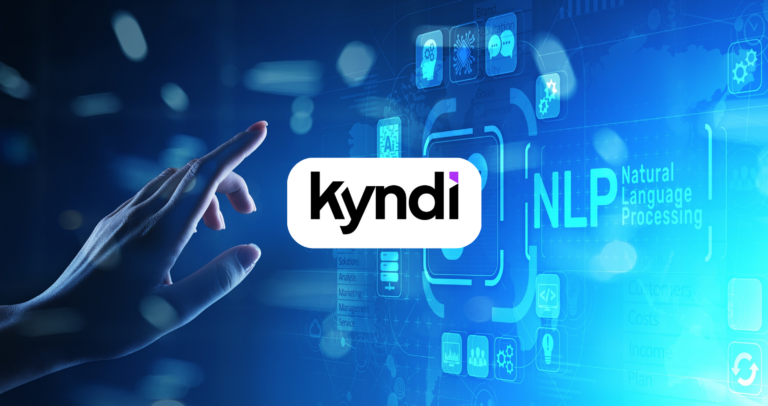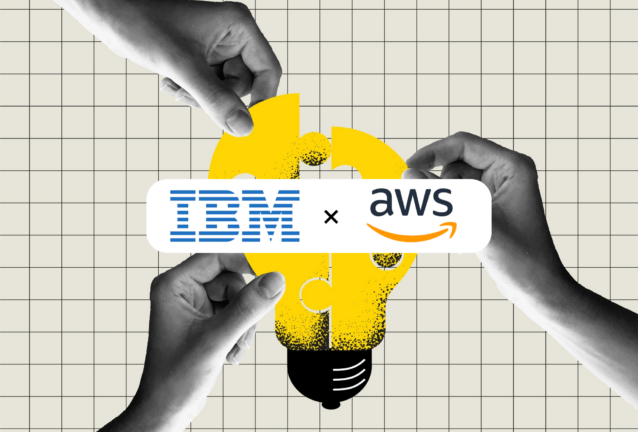In its recent report, Kore.ai has revealed a remarkable shift in the customer service landscape, as 72% of service agents now strongly prefer Intelligent Virtual Assistants (IVAs). Despite this, 62% report a concerning lag in AI adoption, underscoring a gap between demand and implementation. These findings illustrate a significant trend towards AI integration in customer service, highlighting both its growing acceptance and the critical need for accelerated deployment in contact centers.
"Our latest research shows increased engagement and satisfaction with AI solutions among agents and consumers. Adopting AI technologies in call centers not only enhances service quality for customers but also transforms agent roles by streamlining routine tasks and improving work conditions. We aim for this research to guide organizations looking to elevate their service interactions with AI-powered automation," said Raj Koneru, CEO of Kore.ai.
The 2024 Agent Experience (AX) and Customer Experience (CX) Benchmark Report shows that customer service agents now value advanced AI tools and automation more highly than competitive pay or a healthy work environment.

Similarly, consumers are increasingly favoring AI for its dependability and accuracy. A significant appeal of IVAs is their capability to provide 24/7 service and transition smoothly between tasks without repeating information, markedly increasing customer satisfaction and ease.
Another study by Kore.ai also shows the importance of AI-powered tools, highlighting that they could be the key to increased employee productivity.
Prioritization of technology over pay
In a groundbreaking trend, agents have rated certain automated assistant functions—such as tools that enhance understanding of customer needs, reduce search times, and minimize typing after calls—as more crucial than competitive wages or fair workplace conditions.
Delayed AI adoption in contact centers
Despite a strong preference for IVAs among 72% of agents, 62% report a shortage of AI implementations, and outdated technologies continue to impede productivity, with 91% of agents facing technology-related frustrations.
In addition, agents trained in AI technologies reported higher job satisfaction and engagement levels at 92%, compared to their peers without AI training, who reported 73%.
About 71% of customer service agents see the increased use of automated assistants for evaluating and routing customer inquiries as beneficial for both customers and agents.
Customer preferences for AI over live interaction
For the first time, customers have ranked service effectiveness and accuracy over live agents' availability. Moreover, 68% of customers value IVAs' ability to maintain and continue conversations across different channels as vital for excellent customer service.
Narrowing performance gap
In the US, the performance rating difference between IVAs and live agents is minimal at just 4% (72% for IVAs versus 76% for live agents). In the APAC region, both are rated equally.
Growing comfort with IVAs
Comfort levels with IVAs are increasing in most sectors, with healthcare still slightly favoring direct human contact. Retail stands out with broad acceptance of AI in customer service, particularly for product searches and purchases, as indicated by 75% and 74% of respondents, respectively.
The constant availability offered by automation and IVAs attracts 77% of consumers, including 68% of Boomers, who appreciate the advantages of self-service technologies.
In other news, Kore.ai has announced the release of the Kore.ai Experience Optimization (XO) Platform Version 11.0, geared towards driving AI-powered business interactions across various scenarios, including customer interactions, agent support, and search experiences.









